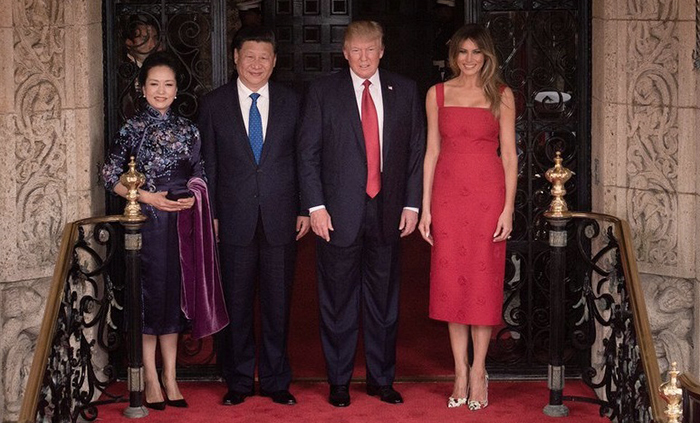China’s Progress Towards a Market Economy and the Influence of Xi Jinping and Donald Trump

The transition from a centrally planned command economy to an efficient market economy is a more complex process than was commonly assumed by many of the economists advising this transition in Eastern Europe. China began this transition in an unplanned but effective way and then, in the early 1990s, made a firm commitment to create an efficient market economy.
Creating the institutions required by such an economy was accomplished first by central government actions and then increasingly by reforms often instituted at the enterprise level. The Third Plenum of the 18th Party Congress in 2013 laid out an ambitious plan to complete the process.
But in 2017 and 2018 progress toward an efficient market economy was called into question by a combination of US government actions questioning the value of liberal multilateral trade arrangements, and a Chinese leadership decision to bring politics and political ideology back into economic decision making at all levels.
This free public lecture is jointly hosted by the Centre for Asian Business and Economics and the Centre for Contemporary Chinese Studies.
Presenter
Professor Dwight Perkins
Dwight H Perkins is the Harold Hitchings Burbank Professor of Political Economy, Emeritus in the Faculty of Arts and Sciences at Harvard University. Previous positions at Harvard include Director of the Harvard University Asia Center, Associate Director of the East Asian (now Fairbank) Research Center, Chair of the Department of Economics, and Director of the Harvard Institute for International Development. Perkins has authored, coauthored, or edited 20 books and numerous articles on economic history and economic development, with special references to the economies of East and Southeast Asia. Topics include the transition from central planning to the market, longterm agricultural development, industry policy, the underlying sources of growth in East Asia, and the role of economic and legal institutions in East Asian growth. He has served as an advisor or consultant to the governments of Korea, China, Malaysia, Vietnam, Indonesia, and Papua New Guinea. He has also been a longterm consultant to the World Bank, the Ford Foundation, and various U.S. government agencies, including the U.S. Senate Permanent Subcommittee on Investigations. Perkins is a member of the American Philosophical Society. He received his BA from Cornell and his MA and PhD in economics from Harvard.